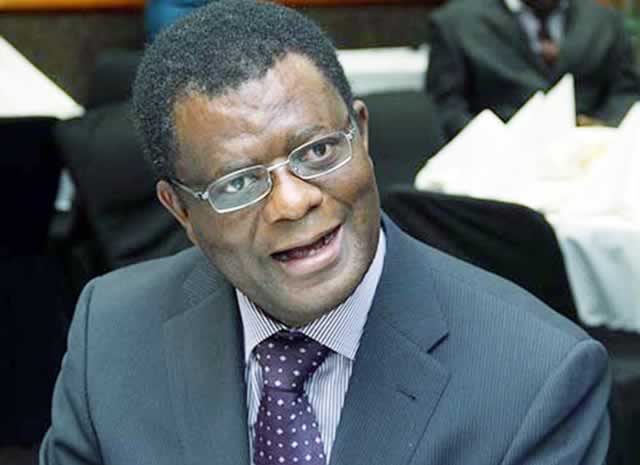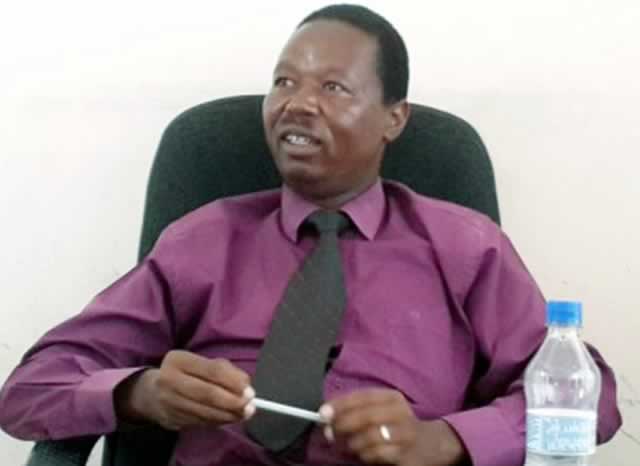NetOne boss speaks on salary caps

Peter Matambanadzo Harare Bureau
NetOne chief executive Reward Kangai has suggested that government officials behind the decision to cap public sector remuneration at $6,000 have interests in private companies.
In an interview with our Harare Bureau on Wednesday, Kangai said these officials might want to kill competition from parastatals by crippling them.
Government placed the cap when it emerged public sector executives were raking in huge salaries and allowances as service delivery floundered.
Kangai was said to be earning close to $40,000 monthly, something he has since denied.
“I suppose highly influential persons have shares in private companies and then use their position to stifle . . . NetOne and any other government institution . . . Is that not corruption?” he asked.
Kangai said NetOne and TelOne had lost much money training engineers who leave these companies in search of higher salaries.
“These very same people are being taken by the competition, which competition will not have to spend anything. So, effectively the cost of their operations is much lower. They are being subsidised by us and you see that their share prices go up. Surely that’s corruption. It cannot be described by any other way,” he said.
“It also happened to the Zambian Airlines until it collapsed only for private companies to emerge and some high-ranking people had shares in those private companies.
“We need to be careful about this whole thing. If people are serious they must ensure State-owned companies are competing on a level playing field. So far the playing field is uneven.”
He also said red tape in tender procedures meant firms such as NetOne remained behind the competition.
“If you are going to tame and restrict management in terms of remuneration and require that they go through the State Procurement Board you are effectively reducing the competitiveness of those companies,” Kangai said.
He said any purchases of more than $10,000 had to go through the SPB, and in the capital intensive telecommunications business, this did not make sense.
Kangai gave the example of a cellular communication base station, which he said cost $170,000.
While NetOne went through much bureaucracy to get a single base station approved, the competition would be expanding its coverage, he said.
“So they want us to go to tender and expose our plans to the competition and the competition does not have these bureaucratic processes,” he said.
He also claimed that the focus on corruption was diverting attention from the “real issues”.
Kangai added that Government departments owed millions of dollars, money which he said State-linked companies needed to compete.
“What the media has declared as corruption . . . and I want to put it that as much as we abhor corruption, I think you have been targeting one area. There is another dimension of corruption. That dimension has been to deprive Government parastatals, State-owned enterprises, resources that they have been generating themselves and creating an uneven field for the competition,” he said.
He said NetOne was owed $1,6 million by the Reserve Bank and the Ministry of Finance.
“NetOne is not State-funded and not getting anything from the fiscus. NetOne has never been funded by taxpayers’ money. It’s funding has been through its own operations local and foreign borrowing with the guarantee given by the major shareholder, which is government,” he said.
Turning to his package, Kangai said he earned a basic salary of $10,126 and an allowance of $16,000 before tax monthly, and not around $40,000 as presented in figures the Finance Ministry made public recently.












Comments